Research
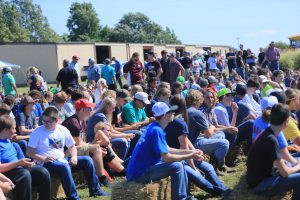
Sep. 15, 2022
CAFNR/MOAES Research Magazine: Exploring Careers
Career Exploration Days offer students a look at careers in agriculture, food and natural resources.
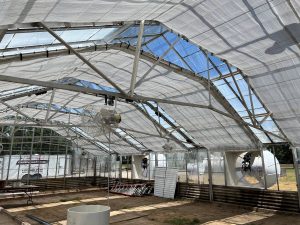
Sep. 15, 2022
CAFNR/MOAES Research Magazine: A Community Asset
Infrastructure improvements, new faculty allow Fisher Delta REEC to build on its strong community relationships.
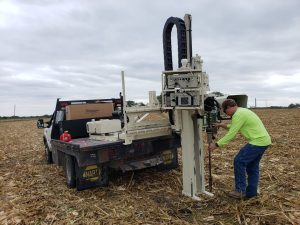
Sep. 15, 2022
CAFNR/MOAES Research Magazine: Farm of the Future — The Digital Age of Agriculture
CAFNR, USDA-ARS collaboration helps farmers adopt digital technologies to improve their operations.
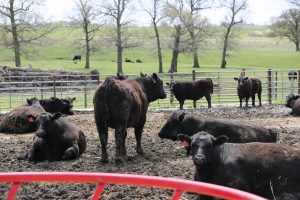
Sep. 15, 2022
CAFNR/MOAES Research Magazine: Building Missouri’s Economic Impact
Thompson's feedlot allows specialists the opportunity to feed and keep cattle in the state.
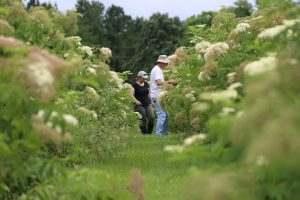
Sep. 15, 2022
CAFNR/MOAES Research Magazine: A Big Plan for a Small Berry
Andrew Thomas, research assistant professor in the Division of Plant Science and Technology, has received a $5 million Specialty Crop Research Initiative (SCRI) grant
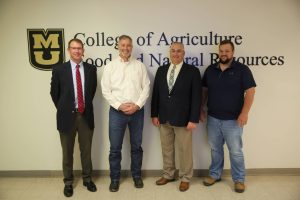
Sep. 15, 2022
CAFNR/MOAES Research Magazine: New Faces in New Places
New directors, resident faculty focused on driving the MOAES to distinction.

Aug. 22, 2022
Northern Missouri Research, Extension and Education Center to host field day
Lee Greenley Jr. Memorial Research Farm to host event; participants to learn about latest in agricultural research and real-world applications.
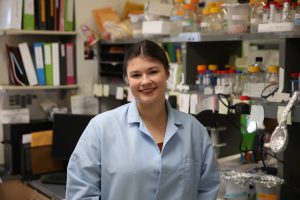
Aug. 17, 2022
Building a Research Footprint
Kristen Barwick, junior biochemistry major, secured two national awards this summer.

Aug. 8, 2022
T.E. “Jake” Fisher Delta Research, Extension and Education Center to Host Field Day Aug. 26
Participants to learn about the latest in agricultural research and real-world applications.

Aug. 8, 2022
Mizzou South Farm to Host First Home Garden Showcase
Event to be held Saturday, Aug. 27.